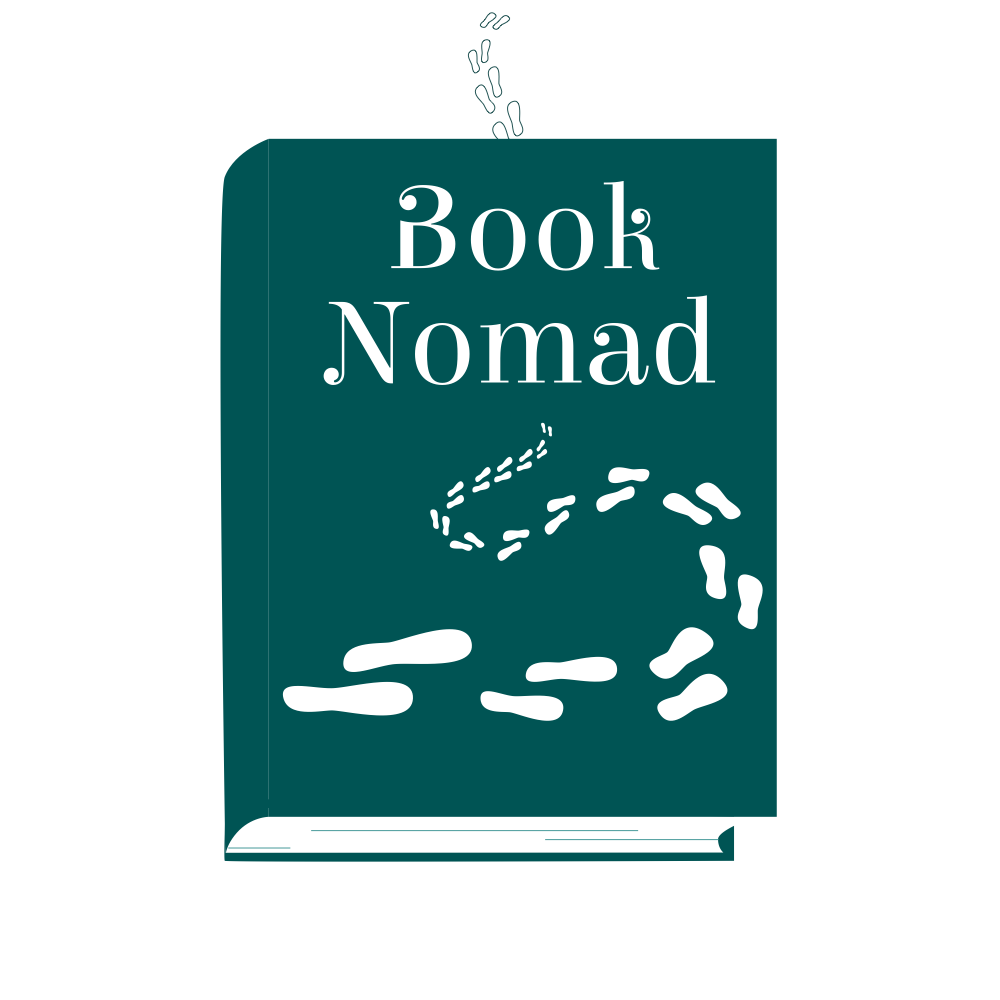I’ve just created a new category of post on here; that’s how excited I am about this piece of news that I wanted to share with you! To the news…I wrote a paragraph here listing the many reasons I respect Shaykh Akram Nadwi, but I feel like that would be contrary to his (from what I see) ethos of humility and getting on with work without too much talk, ma sha Allah. Instead, I’ll just say that of all the work he does, the two most relevant to this post are his particular focus on involving women in Muslim intellectual and social life and publishing his own books in multiple languages.
But the book I am referring to is is no simple book: it’s a 43-volume biographical dictionary of female hadith scholars across history! Entitled الوفاء بأسماء النساء (Al-Wafa’ Bi Asma’ An-Nisa’), this collection is written in Arabic. However, for non-Arabic speakers or those who want a shorter read since this is more of a reference collection, an introductory book called Al-Muhaddithat: The Women Scholars in Islam was published in English in 2007 and can be bought here. I read this book a few years ago and it really opened my eyes to the range and sheer number of women who have contributed to our knowledge and understanding of Islam through history in a major way.
As a side note, Safiya and I had a discussion about women’s spirituality and individual, personal worship in the motherhood podcast episode recently and I feel like this type of publication can really help to refresh the understanding of Muslim women and men that being a woman (and indeed a mother, wife, daughter, etc.) is certainly not a reason to be any less ambitious in our study and contribution to the Islamic Sciences. I’m sure it could also give us something to think about in terms of how our social structures often fail to support women in these endeavours – another topic discussed in that episode. Of course, it’s one thing to make airy statements about women’s importance in Islam and another thing to have a 43-volume collection of books listing the lives and contributions of generations and generations of Muslim women.
May this work serve as a reference for many other scholars and academics to produce impactful, meaningful work. May Allah accept this huge work from Shaykh Akram and reward him and his family and all those involved in this work immensely. May Allah have mercy on all the women and men across history who have strived and dedicated their lives to Islamic scholarship, giving us the rich literature we can refer to today.
Source: Shaykh Mohammad Akram Nadwi (Official) Facebook page

0 Comments